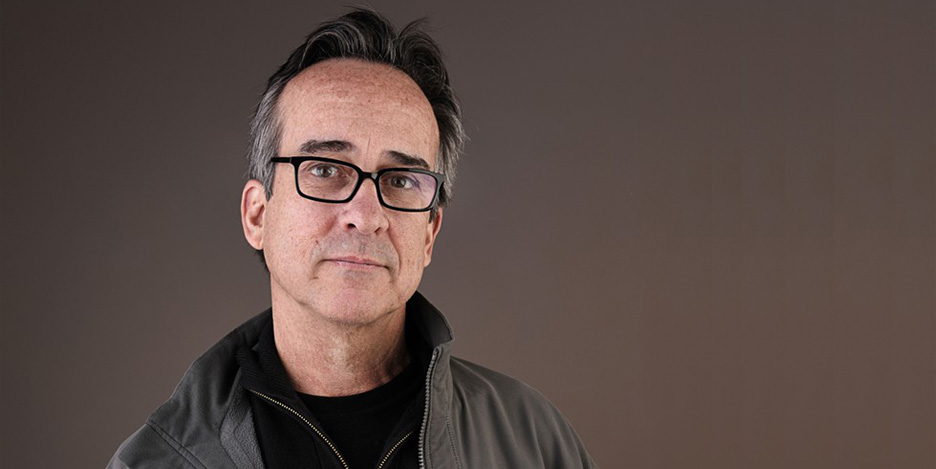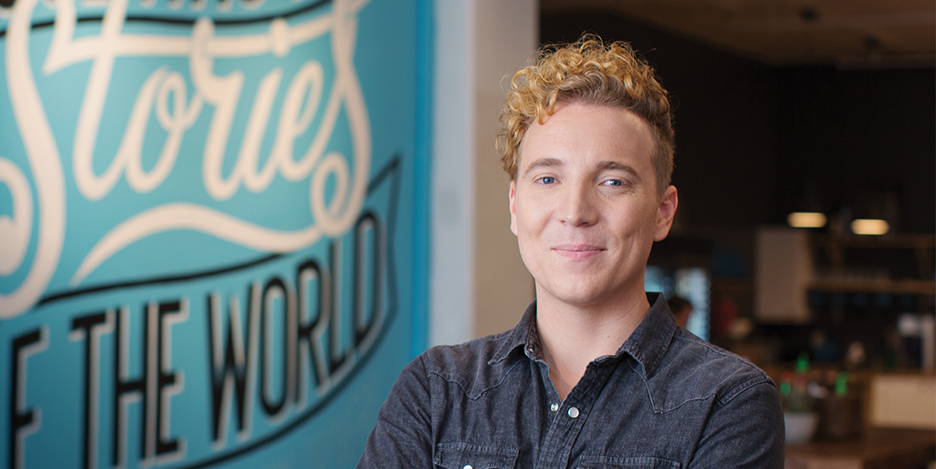This week’s guest on Famous Failures is David Moldawer.
David Moldawer is an author and editor. He spent more than a decade in book publishing acquiring and editing bestselling books for Penguin, St. Martin’s Press, McGraw-Hill, and Amazon Publishing New York.David is also the author of the Maven Game, which is my favorite newsletter. Every time it lands in my inbox, I get giddy like a 6-year-old about to open a Christmas present. You can sign up for the newsletter here.
As an author, I find it reassuring to read about the failures of giants, like David, in the publishing industry. David is a stellar writer, yet he says he fails constantly when it comes to writing. Read on for the details.
What were your three most valuable failures?
I can only choose three? That’s tough.
- Trying to make an independent film, getting all the way to hiring a casting director and auditioning actors before realizing I was in way over my head and that all my experience making short videos just wasn’t going to cut it.
- Getting fired from my first full-time writing job, which taught me the valuable lesson that, in a battle between writer and IT guy, IT guy wins—if he’s the son of the director of human resources.
- Chasing innovation through traditional publisher after traditional publisher until I ended up at Amazon’s New York publishing imprint—and then tumbled out of the publishing industry altogether and went to work at an online education startup.
Which of those three failures was your favorite? What makes it your favorite?
My experience at Amazon. I entered traditional book publishing at its nadir. On the one hand, I had the opportunity at publishers like Norton and Arcade to see the profession in all its old-school glory. On the other, it was glaringly obvious that change was well underway. I became a sort of Cassandra, pressing for more aggressive change and getting mostly nowhere.
When I heard that Amazon intended to create its own traditional book publishing imprint in New York, I saw it as an opportunity to meld the best of traditional publishing with the innovation and resources of a tech giant.
There’s an old joke about Einstein. A beautiful woman comes up to him and says, “With my looks and your brains, imagine the kind of child we could have.” “With my luck,” he replies, “the kid will have your brains and my looks.” If you’re wondering what my experience was like, that joke is a clue.
Bad jobs have taught me so much more than good ones. What’s more, leaving publishing to chase innovation qua innovation taught me something else. I love books and authors. The innovation part was born out of my desire for my books and my authors to find readers. Take books out of it and I wasn’t home anymore.
Which of those three failures was the hardest? What advice do you wish you had when you were navigating that failure?
I don’t know about retroactively wishing for advice. There is no shortage of advice in the world. The trick is having the necessary life experience to be receptive to that advice. I’m not sure I could have taken any shortcuts. If anything, I wish I’d been told that it’s totally normal to go in circles in your career. As long as you’re learning, those circles form an upward spiral.
How do you fail when it comes to writing?
Constantly. To write drafts you have to embrace failure. You have to get comfortable with making mistakes and leaving them where they are. When I was in middle school, I didn’t understand this. I would write and rewrite and rewrite the first page of stories, never willing to move forward until I’d written without detectable error. That never happened, and the stories were never finished. In high school, we had a teacher who forced us to write, quickly, and then to share—publish—what we’d written. Got me out of the trap. To paraphrase Douglas Adams, flying is just falling while managing to miss the ground. Writing is similar.
How are you failing right now?
Managing so many different writing projects, large and small, is a different challenge. Over the last two years, I’ve had to learn a whole new set of skills to manage them so as to keep them all straight. I can’t rely on memory and consistency to keep me in the zone on a certain project the way you can when you’re devoted to one book all day, every day. I need detailed project notes, carefully delineated steps, lots of process. This learning process has involved missed deadlines and lots of stress. But I feel much more competent at the craft of large writing projects now—simply writing one book with no distractions sounds like a luxury at this point.




